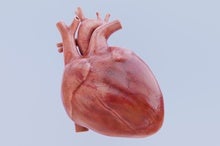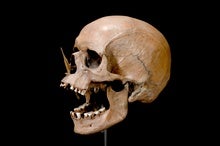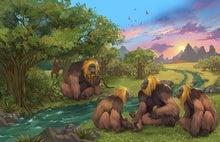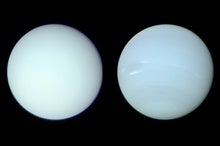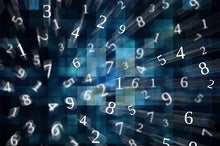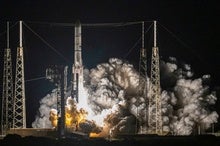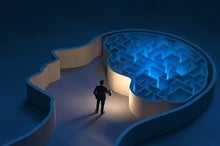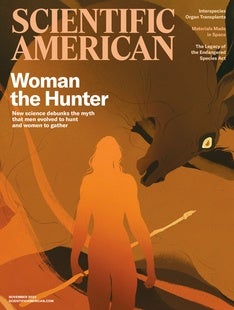Sponsored by .jpg) | |
 |
| January 12, 2024 |
 |
| |
| |
| |
| |
| |
| |
| Behavior It Turns Out We Were Born To Groove The evolution of beat perception likely unfolded gradually among primates, reaching its pinnacle in humans | | By Henkjan Honing,The MIT Press Reader | | | |
| |
| |
| |
| Epidemiology What to Know about the New COVID Variant JN.1 A new variant of the COVID-causing virus SARS-CoV-2 is behind the latest surge in infections this winter, but it doesn't appear to cause more severe disease | | By Julie Appleby,KFF Health News | | | |
| |
| |
| |
BRING SCIENCE HOME
 | | How Warm Is Sweet Enough? |  Just the right taste—and temperature? Learn about how our bodies sense flavor with this tasty activity! Credit: George Retseck | Have you ever tasted a piece of warm apple pie or a cup of hot chocolate milk—and then had them after they cooled? Maybe you even prefer to have these treats at room temperature. Why is this? Can flavor change even when you are not adding ingredients? Try this activity and discover how temperature influences flavor! | |  | |
LATEST ISSUES
 |
| |
| Questions? Comments?  | |
| Download the Scientific American App |
| |
| |



.jpg)

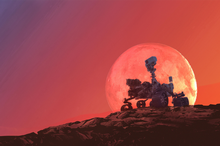
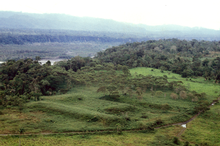
.jpg)
